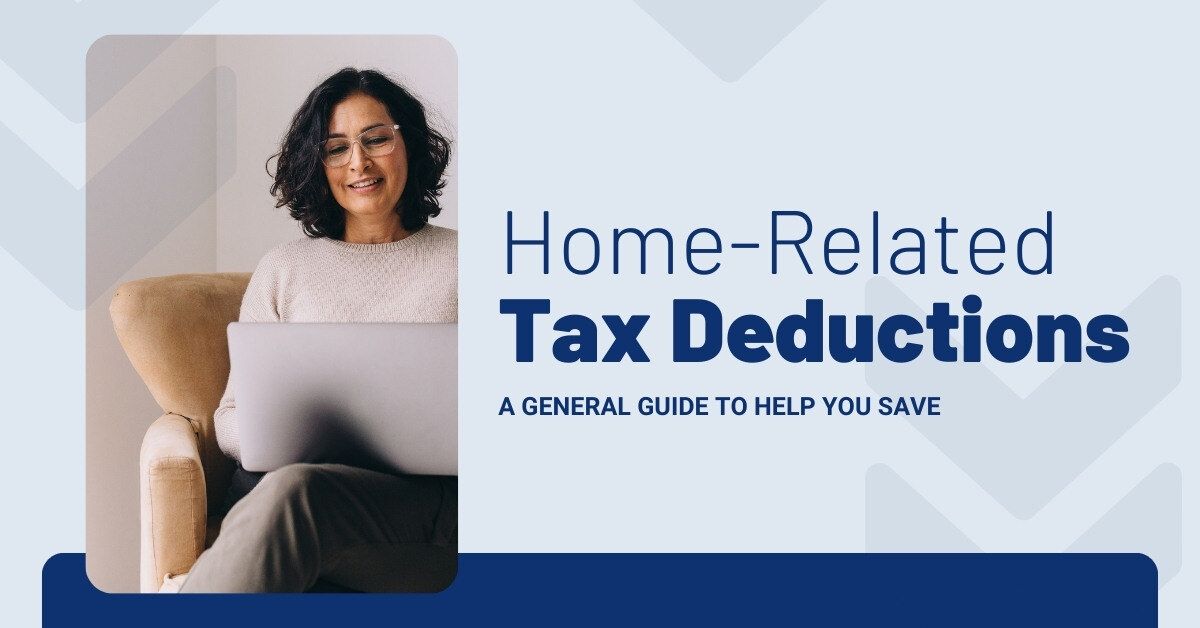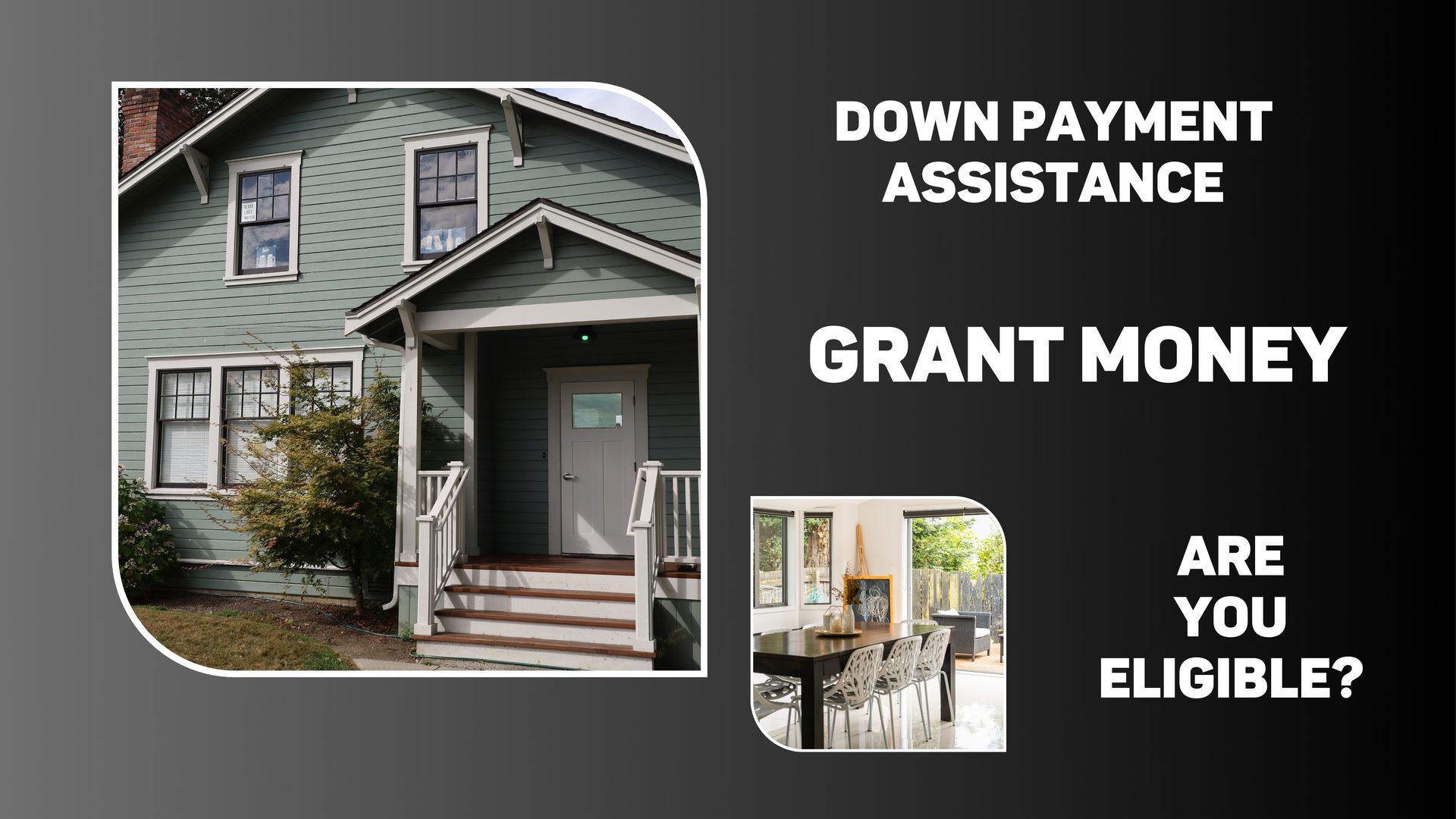
Real Estate Market Forecast: Opportunities for Home Buyers and Sellers in 2024
A growing share of home buyers and sellers sat on the sidelines last year as the pace of home sales continued its downward trajectory.1 In fact, since the Federal Reserve began its series of interest rate hikes in 2022, the combination of higher borrowing costs and record-high home prices has fostered the steepest real estate market slowdown since the 2008 recession.2
Priced out of the market, a generation of would-be buyers has been forced to delay their plans for homeownership.3 At the same time, current owners—reluctant to give up their pandemic-era mortgage rates—are waiting to sell, which has resulted in a sharp drop in listings.4
But there may be some relief in sight: In December, the Fed signaled that it was done raising interest rates—and suggested that it could cut rates by 0.75% over the coming year. While mortgages don’t directly follow the federal funds rate, they typically move in tandem—so cheaper home loans may finally be on the horizon.5
Lower mortgage rates should bring some much-needed movement back into the real estate sector. But with a market this fluid, the home buyers and sellers with an edge will be those who proactively leverage a real estate agent’s on-the-ground expertise and stay flexible so that they can quickly adapt to changes.
What does that mean for you? Read on to learn more about the current state of the U.S. housing market, the potential opportunities for buyers and sellers, and economists’ predictions for the year ahead.
HOME PRICES WILL REMAIN RELATIVELY STABLE
Not even 8% mortgage rates could bring home prices crashing down in 2023, as some prospective home buyers may have hoped. In fact, on average, U.S. property values ended the year higher—with declines in some areas of the country offset by appreciation in others.6
Prices typically fall when rising interest rates drive down demand. So what’s keeping home values high?
Mike Simonsen at Altos Research points to a nationwide housing shortage: “Declining home prices probably require that supply-and-demand imbalance, and what we have is really a balance. There's a balance between low demand and low supply.”7
Analysts expect that equilibrium to continue to prop up home prices in 2024, although the specific forecasts vary. For example, economists at Realtor.com predict that the median home price will fall slightly, by 1.7%, while those at Fannie Mae project modest price growth of 2.8%.6,8
However, experts widely agree: Mortgage rates will be the largest driver of property values. If rates fall faster than expected, more buyers will enter the market—which could send home prices soaring higher.
What does it mean for you? There’s no evidence that home prices are headed for a major decline. So if you’re ready and able to afford a home, this is a great time to test the waters. The best bargains are often found in a slower market, like the one we’re experiencing right now. Contact us to discuss your goals and budget. We can help you make an informed decision about the right time to buy.
And if you’ve been waiting to sell your home, this could be your year. Price growth has slowed, so now is the time to maximize your equity gains while minimizing your competition. Contact us for recommendations and to find out what your home could sell for in today’s market.
MORTGAGE RATES SHOULD FINALLY TREND DOWN
The best news we've got incoming for 2024? The extra-high mortgage rates that have weighed heavily on the real estate market may finally be headed south.
At its December meeting, the Fed signaled that the worst is likely behind us and that it expects to cut its overnight rate in 2024. Analysts predict that mortgage rates will fall in lockstep.5
“Given inflation continues to decelerate and the Federal Reserve Board’s current expectations that they will lower the federal funds target rate next year, we likely will see a gradual thawing of the housing market in the new year,” said Freddie Mac’s Chief Economist Sam Khater following the announcement.9
The average 30-year fixed mortgage rate has already declined from an October high of around 8%, and analysts at Fannie Mae, the Mortgage Bankers Association, and Realtor.com all forecast that rates will trend down this year, ending 2024 closer to 6%.7
However, it’s not all good news: It appears that the days of 3% mortgage rates are firmly behind us. “As long as the economy continues to motor along, the new normal of higher rates is here to stay,” explains Greg McBride, chief financial analyst for Bankrate.4 So, when it comes to a home loan, borrowers may need to adjust their expectations.
What does it mean for you? If you're a prospective home buyer, declining mortgage rates could give you the opportunity to lock in a more affordable monthly payment. And if you purchase before the market reheats, you could secure an especially good deal. To find the lowest rate, it pays to compare lenders. Ask us to refer you to a mortgage broker who can help you shop around for the best option.
Sellers also have reason to celebrate buyers' lower interest rates: As the barriers to entry to the housing market decline, they could enjoy more or better offers. Reach out to discuss how we can help you maximize your home’s sales potential.
LOWER RATES WILL BRING SOME BUYERS AND SELLERS BACK TO THE MARKET
Over the past couple of years, higher mortgage rates have cooled home buyer demand. They’ve also delayed the plans of many home sellers, who have been reluctant to trade in their current mortgages for loans that are several points higher.
With so many market participants playing the waiting game, the real estate sector has slowed significantly. National Association of Realtors (NAR) Chief Economist Lawrence Yun estimates that the number of existing home sales fell by 18% last year following a 17% decline in 2022.10
However, as financing costs tick down, sales volume is expected to rise. “Lower mortgage rates would help spur home sales activity, which [is] expected to increase in 2024 compared to 2023,” explains Selma Hepp, chief economist at CoreLogic. “Declines in mortgage rates will drive more sellers to trade their existing home and help add much-needed inventory to the market, leading to more transactions.”4
There’s also evidence that the patience of holdout home buyers may be waning, despite higher borrowing costs. A recent survey by Bank of America found that the number who are willing to wait for prices or mortgage rates to decline before making a purchase fell from 85% to 62% in just six months.11
“When it comes down to it, if buying a home is your goal and within your budget, the best time to buy is when you're ready financially and you can find a home that fits your needs,” Matt Vernon, head of consumer lending at Bank of America, advised in a recent release. “Even in the current interest rate environment, there are clear benefits to purchasing a home and beginning to build equity.”11
What does it mean for you? If you’ve been waiting to buy a home, you might want to consider purchasing before the competition picks up. Pent-up demand could bring a flood of buyers back into the market as mortgage rates decline. Contact us if you’re ready to begin your home search.
If you’re hoping to sell this year, you may also want to act fast. An increase in listings will make it harder for your home to stand out. We can help you chart the best course to maximize your profits, starting with a professional assessment of your home’s current market value. Reach out to schedule a free consultation.
THE HOUSING SUPPLY SHORTAGE WILL PERSIST
Will home buyers who are eager for options have more homes to choose from this year?
Yun thinks so. He believes sellers will soon grow weary of waiting to list. “Pent-up sellers cannot wait any longer. People will begin to say, ‘life goes on,’” the NAR economist speculated at a November conference. “Listings will steadily show up, and new home sales will continue to do well.”10
But not everyone agrees. Economists at Realtor.com forecast that inventory could drop by as much as 14% this year. The decline in existing homes for sale has been compounded by a persistent shortage of new construction, with single-family housing starts falling 10.3% in 2023 and 11.2% in 2022.6
Even so, newly-built homes are playing an increased role in easing the supply crunch, accounting for around one-third of all homes for sale in 2023—which was twice the historical average.12 But new construction alone isn’t expected to fill the inventory gap.
According to First American Financial Corporation’s Chief Economist Mark Fleming, the U.S. currently has a shortfall of around one million homes, and conditions won’t ease until individual owners re-enter the market. “Only when more homeowners decide to sell, and then buy again, will housing supply and the pace of sales return to anything resembling normal.”13
What does it mean for you? Inventory remains tight, but buyers can benefit from the search expertise of a real estate professional. We can tap our extensive network to access off-market and pre-market listings while helping you explore both new construction and existing homes in our area.
While sellers will continue to benefit from the low-inventory environment, they should be prepared to compete against brand-new homes. We can help you prep your property for the market and highlight the features most likely to appeal to today’s buyers.
WE'RE HERE TO GUIDE YOU
While national real estate forecasts can give you a “big picture” outlook, real estate is local. And as local market experts, we know what's most likely to impact sales and drive home values in your neighborhood. As a trusted partner in your real estate journey, we'll keep our ears to the ground so that we can guide you through the market's twists and turns.
If you’re considering buying or selling a home in 2024, contact us now to schedule a free consultation. Let’s work together and craft an action plan to meet your real estate goals.
The above references an opinion and is for informational purposes only. It is not intended to be financial, legal, or tax advice.Consult the appropriate professionals for advice regarding your individual needs.
Sources:
1. CNN -
https://www.cnn.com/2023/10/19/homes/existing-home-sales-september/index.html
2. Goldman Sachs -
https://www.gspublishing.com/content/research/en/reports/2023/10/23/2d814362-a656-4cb3-8586-bea8591188e3.html
3. ABC News -
https://abcnews.go.com/US/millennials-priced-homeownership-feeling-pressure/story?id=105032436
4. Bankrate -
https://www.bankrate.com/real-estate/housing-market-2024/
5. CBS News -
https://www.cbsnews.com/news/interest-rates-are-paused-heres-why-thats-good-news-for-homebuyers/
6. Realtor.com -
https://www.realtor.com/research/2024-national-housing-forecast
7. NerdWallet -
https://www.nerdwallet.com/article/mortgages/2024-homebuying-trends-property-line-november-2023
8. Fast Company -
https://www.fastcompany.com/90991612/home-price-2024-outlook-fannie-mae
9. Freddie Mac -
https://freddiemac.gcs-web.com/news-releases/news-release-details/mortgage-rates-drop-below-seven-percent
10. National Association of Realtors -
https://www.nar.realtor/newsroom/nar-chief-economist-lawrence-yun-forecasts-existing-home-sales-will-rise-by-15-percent-next-year
11. Bank of America -
https://newsroom.bankofamerica.com/content/newsroom/press-releases/2023/12/bofa-report-shows-fewer-prospective-homebuyers-willing-to-wait-f.html
12. Marketplace -
https://www.marketplace.org/2023/11/27/mortgage-rates-new-home-sales/
13. First American -
https://blog.firstam.com/economics/whats-the-outlook-for-the-housing-market-in-2024




